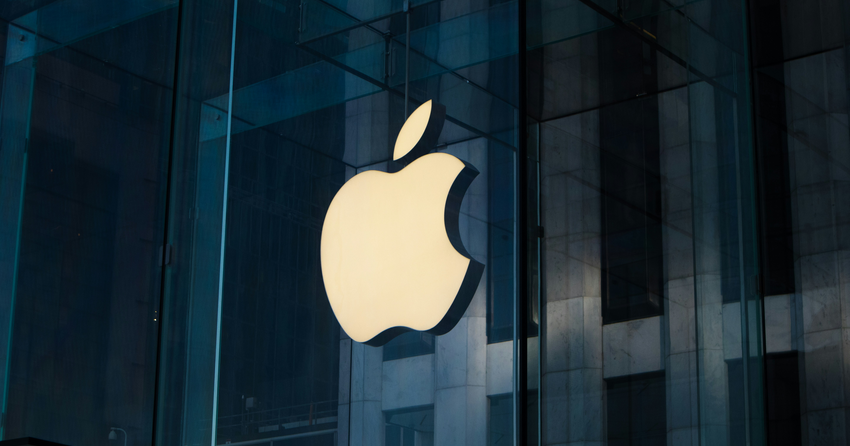
Judge Denies Google’s Motion in Antitrust Case
Last Friday, Leonie Brinkema, a US district judge for the Eastern District of Virginia, considered the government’s antitrust case against Google regarding online advertising strong enough to continue in its entirety.
While denying Google’s motion to shut the case, Judge Brinkema stressed the importance of clearly defining Google’s alleged monopoly and the market in which it takes place. At the trial, Google’s plaintiffs will have to provide proof of how the concerned groups suffered damages from Google’s actions.
The Justice Department and eight states (California, Connecticut, Colorado, Virginia, Rhode Island, Tennessee, New York, and New Jersey) filed an antitrust suit against Google at the beginning of this year. The plaintiffs accused the tech giant of monopolizing online advertising, which creates a hurtful environment for consumers, advertisers, and the US government.
The plaintiffs further claimed that Google “corrupted legitimate competition in the ad tech industry by engaging in a systematic campaign to seize control of the wide swath of high-tech tools used by publishers, advertisers, and brokers to facilitate digital advertising.” They are asking the tech giant to sell its ad business.
Google tried to convince the court to toss the case by comparing it to an unsuccessful antitrust case against Live Nation, a concert promoter and owner of many amphitheaters throughout North America. The lawsuit accused Live Nation of holding an amphitheater monopoly, but its opponents failed to prove a monopoly because they didn’t consider alternatives venues like arenas and concert halls.
Similarly, Google argued that the plaintiffs, in its case, failed to recognize social media platforms like TikTok, Facebook, and Instagram, which have their own advertising platforms, as strong competitors to Google’s ad business.
Google’s vice president of global ads, Dan Taylor, expressed his disappointment after the hearing, remarking that the government’s antitrust case “ignores the enormous competition in the online advertising industry.” He added that expensive lawsuits like this would slow innovation and raise advertising fees, making it more challenging for small businesses and publishers to grow.
Google is dealing with multiple lawsuits at the moment, with Gonzalez v. Google being one of the most serious cases.












